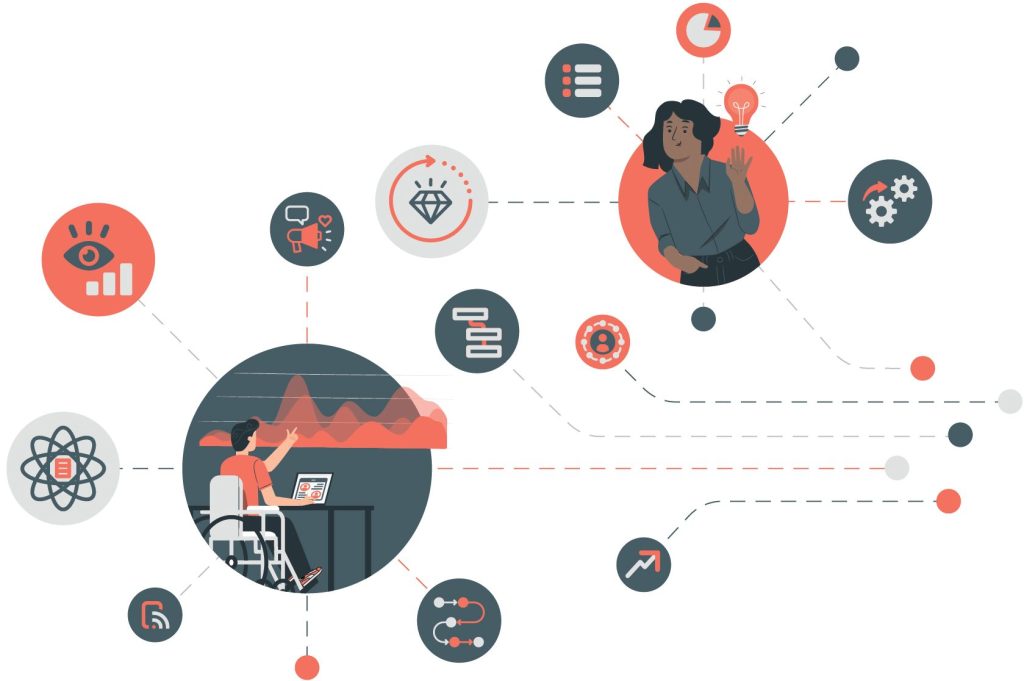Module 3: Information has value

Introduction to the module
In this module, we explore the idea that information is more than just a collection of facts that explain a person, place, or thing. Instead, we can value information as:
- A commodity–something that is packaged and sold;
- An educational tool;
- A strategy for influencing opinion and behaviour;
- A resource for negotiating and understanding the world.
The value of information is measured by the context and format in which it is produced and used. For example, an author’s work (a book, a play, a photograph, a song) can be measured as valuable intellectual property that translates into:
- The royalties negotiated if the work is sold to a publisher as a book.
- A patent (license) that gives the scholar rights to making, using, selling a product.
- The exclusive legal right to print, publish, perform, film, or record literary, artistic, or musical material.
- The need to recognize the work as a source in other academic publications.
- Evidence of funding for new research.
Easy access to information and works via publicly funded libraries and the internet suggests that much of the information we discover and want to use is free. However, information and works may not be “open access” or free of charge to use.
As a result, we need to understand the rights of authors to control the use of their work as well as our responsibilities as users of information to legally and ethically consume the content that we access and share.
In addition, as participants in a scholarly community, we are responsible for acknowledging the work of others, regardless of whether information is published openly (i.e., “open access”) or commercially.
Proper attribution or citing of sources is a core principle of the ethical use of scholarly work in academia. We must acknowledge the ideas and words of other authors as we develop our own ideas, our own voice in various scholarly conversations.

